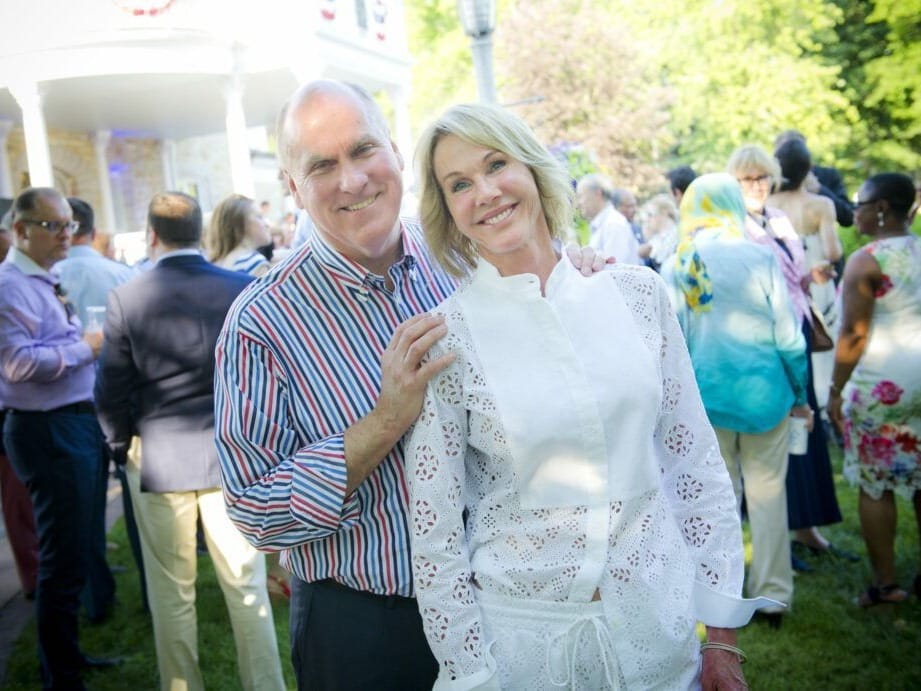WASHINGTON (AN) — After a seven-month vacancy in the post of United States ambassador to the United Nations, U.S. senators on Wednesday confirmed Kelly Craft, America's ambassador to Canada, as U.S. President Donald Trump's envoy on multilateralism's biggest stage.
Craft fills a vacancy created when Nikki Haley left the U.N. post at the end of 2018. Craft and her billionaire industrialist husband, Joseph Craft III, who presides over one of the biggest coal producers in the eastern United States, are political allies of Trump and Republicans who control the Senate.









